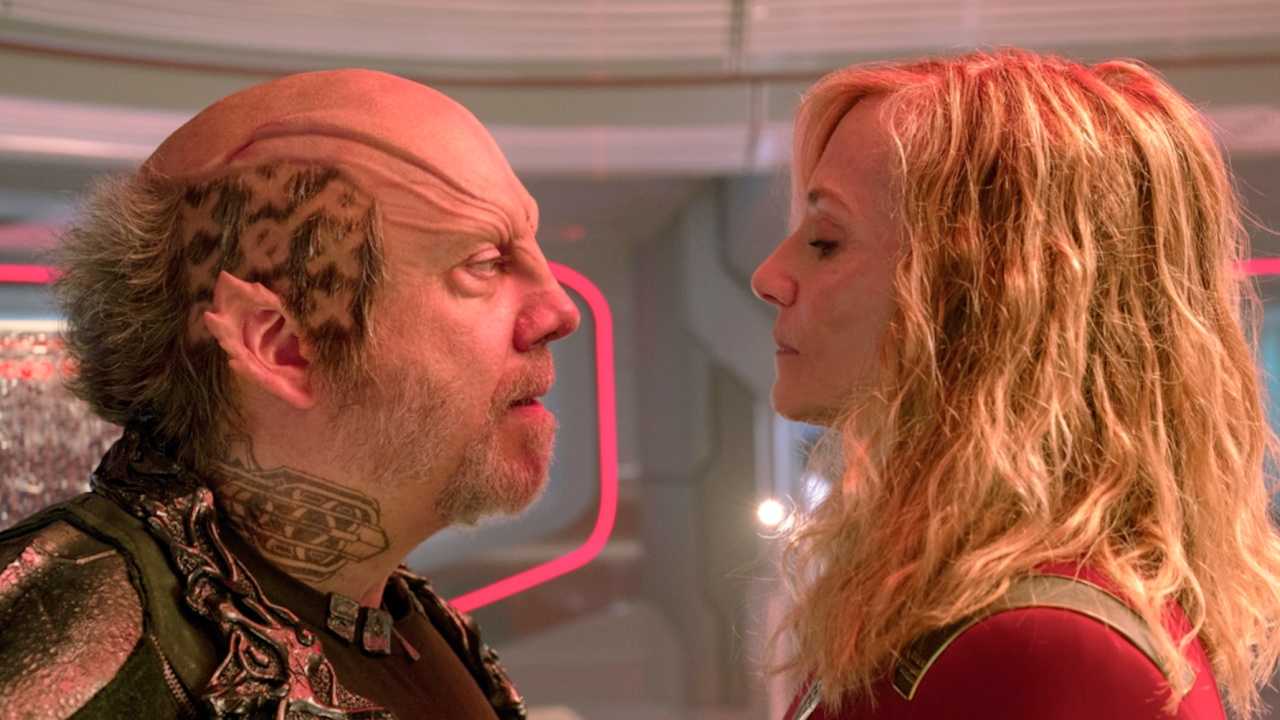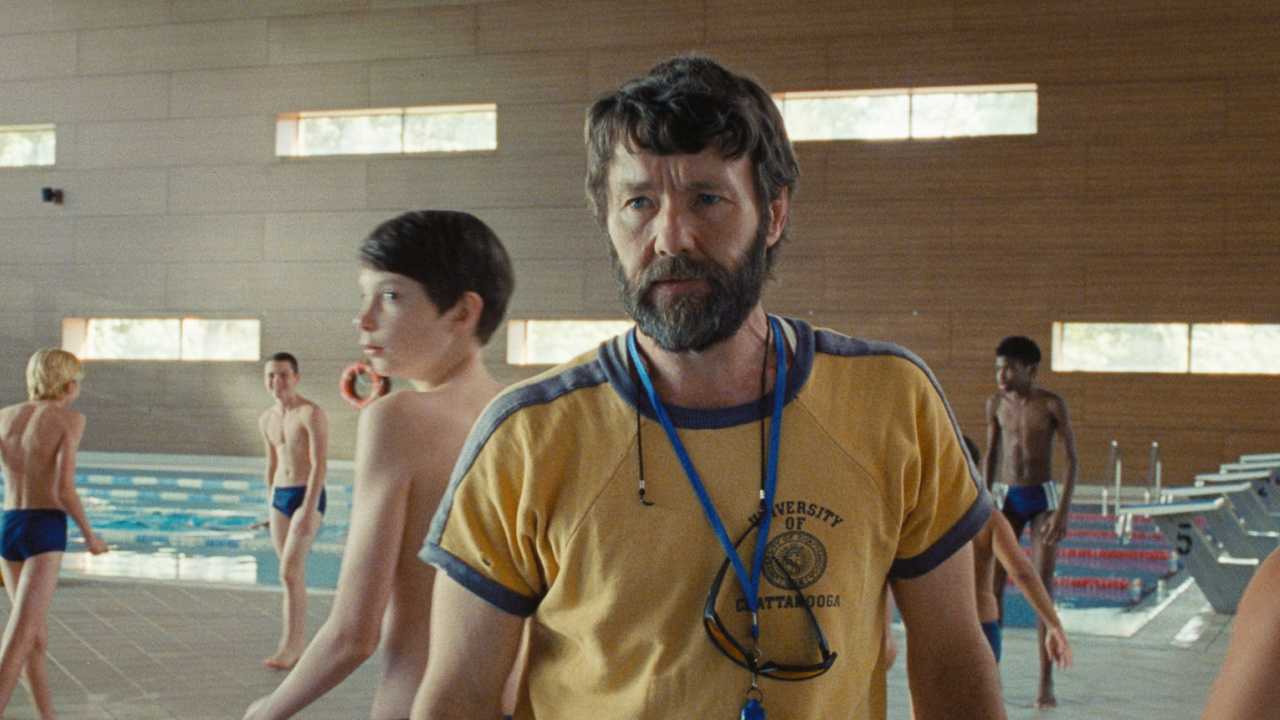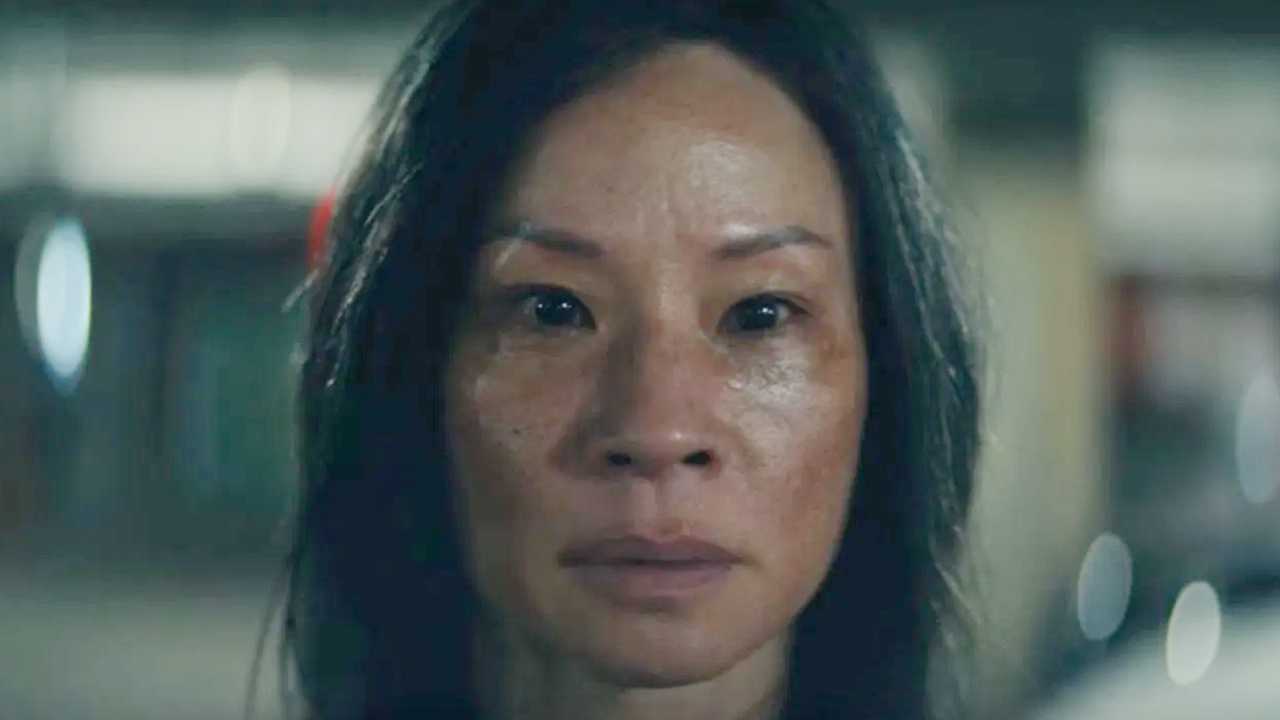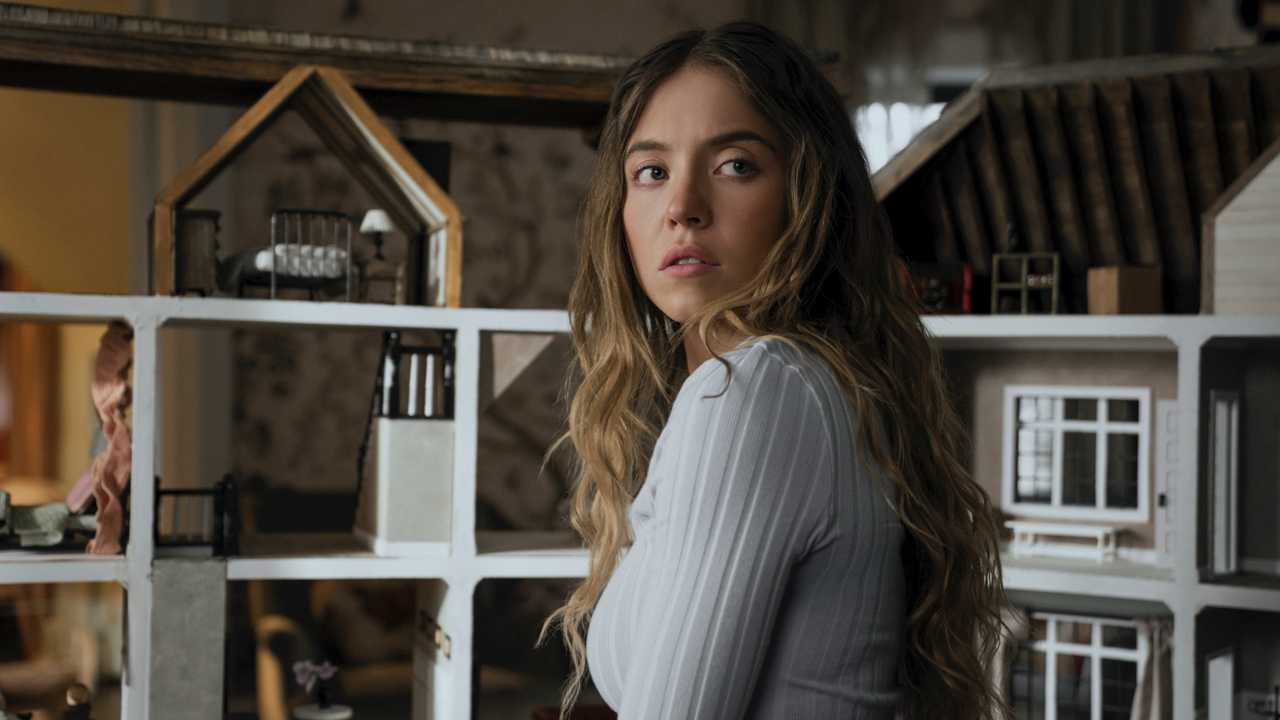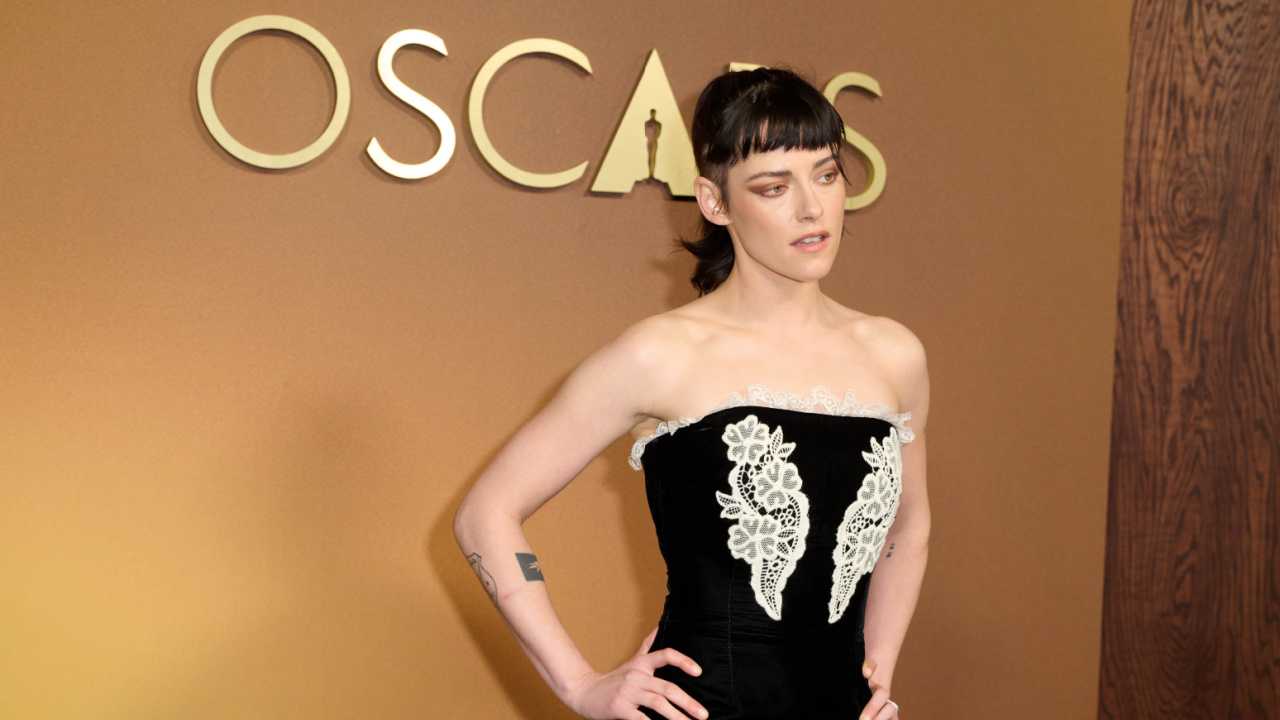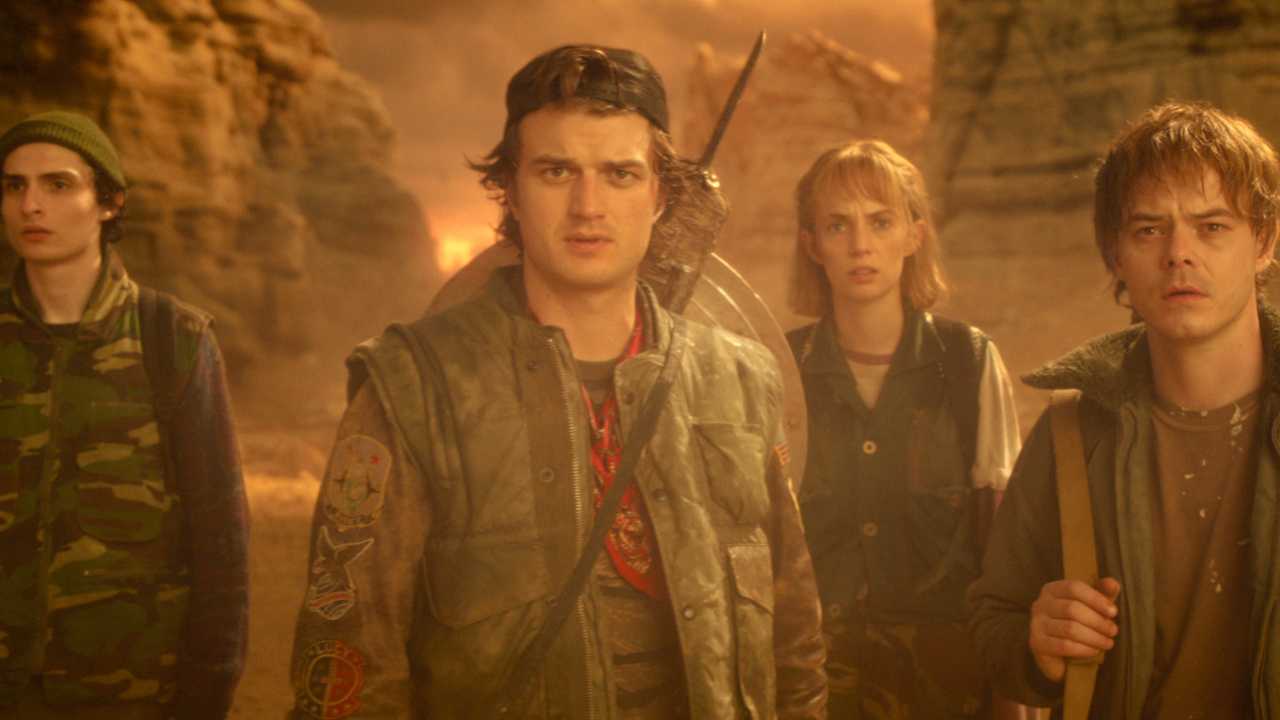10 Most Essential 'Buffy the Vampire Slayer' Episodes

More than 20 years ago, Buffy the Vampire Slayer" to audiences everywhere. Ostensibly based on his screenplay for the 1992 feature, this new venture would see Whedon taking his character to the places – both emotionally and supernaturally – that he could have only dreamed about before. With a wonderful cast of performers led by Sarah Michelle Gellar, he would tell -- for seven glorious seasons -- the tale of the chosen one, a teenage girl who is tasked with beating back the forces of darkness (and looking fashionable while doing it). It was nearly impossible to distill the breadth of the series to ten essential episodes, but, hey, we did it anyway.
'Welcome to the Hellmouth' (Season 1, Episode 1)
"Buffy" had a notoriously shaky first season, but the first episode (heavily reshot after network notes; you can find the original online if you dig hard enough) soundly sets up the entire show in one handy package. We meet Buffy (Gellar), her lovable band of misfit friends, and the show's central conceit: set sometime after the events of the movie (it's canon!), the chosen Slayer relocates to Sunnydale and continues her quest anew. It's Joss Whedon's lovable mix of pathos, horror, and pop culture that keeps everything glued together. If you watched this alone, you'd probably be sold.
'Prophecy Girl' (Season 1, Episode 12)
Again, there are definitely some soggy sections of the first season, but the finale -- which saw Buffy facing off against Big Badm The Master (Mark Metcalf) -- delivers. As Giles announces, the prophecy of the Master's return means that Buffy should fall and the town of Sunnydale should crumble in an earthquake. But Buffy has never been one to follow the rules so, yes, she dies, but she also kills the Master and saves the day. Assuredly written and directed by Whedon, this episode has huge implications for the rest of the series, including season two's introduction of another Slayer.
'Innocence' (Season 2, Episode 14)
In fandom, "Innocence" has a special place as one of the most beloved episodes in the history of the series. The second part of a two-part arc that saw Buffy and Angel (David Boreanaz) finally having sex and –- surprise! -- turning evil the next day, it was both rich in metaphoric detail (the terrors of having sex and how the act can turn your partner into "another person altogether") and visceral thrills (The Judge getting blown up by a rocket launcher). It also set the trajectory for the middle section of the series, with Angel becoming the ultimate big bad and Buffy resolute in her decision to kill him. Love hurts.
'Graduation Day (Part 1 & 2)' (Season 3, Episodes 21 and 22)
Okay, so this is kind of a cheat. And, yes, if we're going for the two-for-the-price-of-one double episode entry, a more compelling argument could probably be made for the season two finale, "Becoming," which saw Buffy follow through and kill Angel. (Very dramatic!) But for sheer, jaw-dropping pleasure, attention must be paid to "Graduation Day." While there were some creative compromises (the second episode was heavily edited and aired in the middle of summer after Columbine), the audaciousness, the goofy charm, and the summer movie theatricality of these episodes just cannot be beat. That CG snake has not aged well, though.
'Hush' (Season 4, Episode 10)
Season 4 was another problematic year for the show, with many cast members leaving to join the "Angel" spin-off and Buffy herself removed from the comfortable, dramatically rich setting high school to enter the more turbulent world of college. But one of the finest episodes of the series, "Hush," came from this marginalized year. Almost completely silent, "Hush" focuses on a demonic force known as The Gentlemen. It's a gorgeous, totally gripping hour of television, as laudable for its formal audacity as its narrative adventurousness. It's also scary as hell.
'Restless' (Season 4, Episode 22)
Undoubtedly the weirdest episode of the entire series, "Restless," known by most as "the dream episode," is an underrated classic. "Buffy's" most openly philosophical and challenging hour, it follows a climactic showdown with the Big Bad (Adam, a Frankenstein's monster built from an overzealous military-industrial complex) and sees all of the characters just exhausted and falling asleep. It's in the dreams that they each face potential death at the hands of the very First Slayer, a primal warrior goddess resurrected after the Scooby Gang meddled in magic. Much of the thematic and narrative concerns of the following seasons are clearly laid out here, from the foreshadowing of Buffy's sister to the uber-power of the Slayer (it even connects to the sequel comic book series, "Fray"). Yes, it's a wild ride, but very much worth the ticket.
'The Body' (Season 5, Episode 16)
Just thinking about this episode is probably enough to make your eyes all teary. Of all the storytelling leaps the series took, there was none crazier than doing an hour of television dedicated to the grieving process. Buffy's mother, Joyce, (Kristine Sutherland, an MVP of the show) is felled not by a monster or demon but by natural causes. (She had fought a brain tumor earlier in the season but was given the all-clear.) Each moment in the episode is heartbreaking and powerful in its own right, and writer-director Whedon's solemn style, with few cuts and no music, allows for the scope of the tragedy to take up even more room.
'The Gift' (Season 5, Episode 22)
This episode starts, like all others, with a "previously on" montage, only this time it begins at the very beginning of the series and rushes through the entire show, until it becomes a nearly subliminal rush of images. This was probably some clue that this wouldn't be business as usual. As the final episode of the series to air on The WB, you knew that there was going to be drama, but few thought that Buffy would actually die. (Buffy's gift is death.) It's a harrowing moment of self-sacrifice and a brutally tragic one at that. The summer following the episode, people wore "Buffy Lives" buttons. But even with the knowledge that she'd be back (on a new network!) couldn't soften the blow.
'Once More, With Feeling' (Season 6, Episode 7)
While it's become a cliché now, the idea that a otherwise straightforward prime time drama would do an entire episode with original songs, was something of a groundbreaker. (The fact that the network allowed the episode to run long, cutting into "Roswell" by 10 minutes, was another ahead-of-its-time revelation.) And "Once More, With Feeling" really is brilliant; a big, brassy musical that allowed Joss Whedon to let his inner musical theater kid shine. (At one point, Whedon was tapped by Walt Disney Animation Studios to do several musicals, including one based on the legend of Marco Polo.) It's hard to believe that the songs would be this good (and the actors would be so good at singing them), although Giles' ditty in "Restless" was a pretty good indication of his musical chops.
'Chosen' (Season 7, Episode 22)
This is it, the final episode ever! And while season 7's "back to basics" approach (and the addition of Drew Goddard to the writing staff) delivered some very strong stand-alone episodes, it also felt creatively malnourished. There were a lot of good ideas, but few great ones and the hodgepodge of competing storylines failed to coalesce into a remarkable whole. (The Big Bad was lame. The land of 1,000 Slayers didn't do much. We could go on.) But "Chosen," which had a larger budget and grander scale, delivered -- big time -- with Buffy and the Potentials battling an army of primitive vampires and Spike giving his life for the good of the world. (He'd be back just a few months later on "Angel," but, hey.) One of the most powerful images of the series was also its last; after Sunnydale was completely destroyed, the survivors looked to Buffy for guidance. And finally, after all the battles, a smile slowly creeps across her face.


